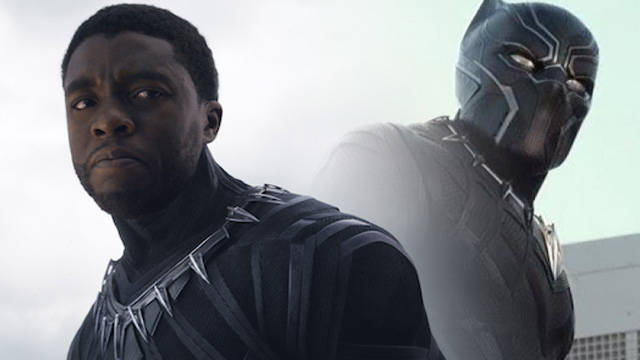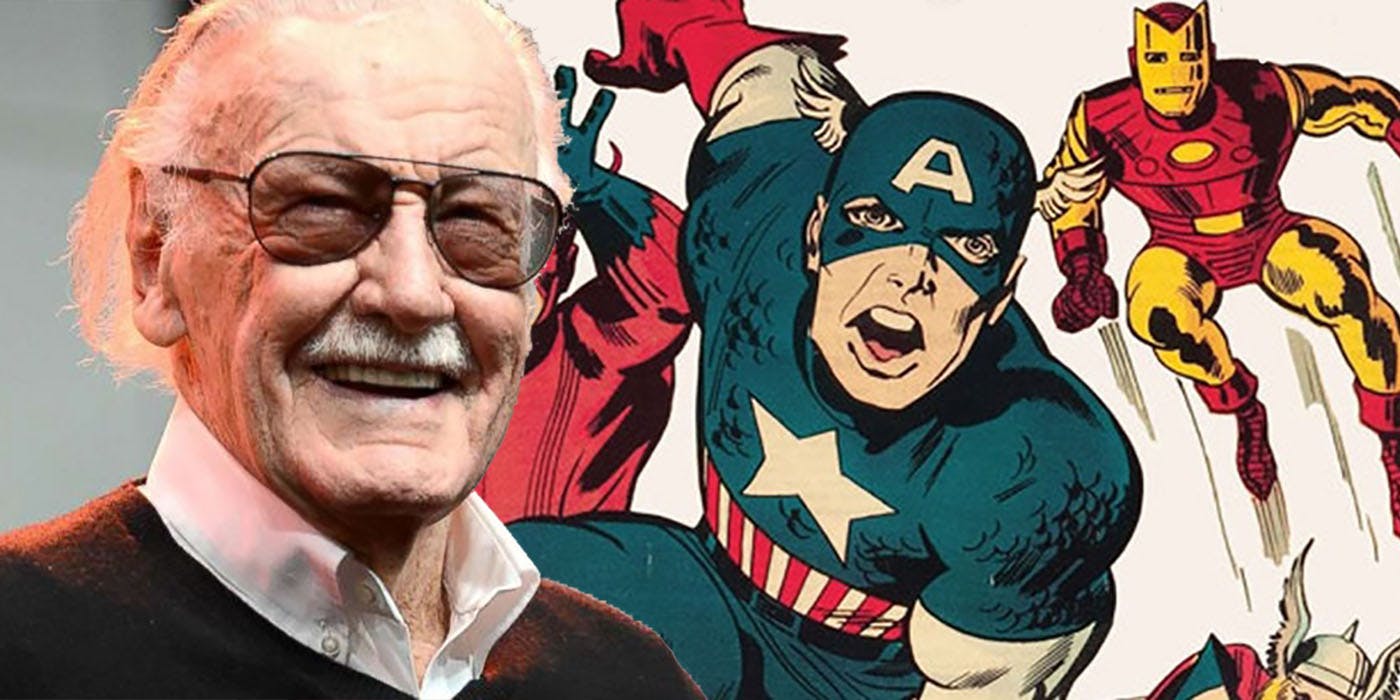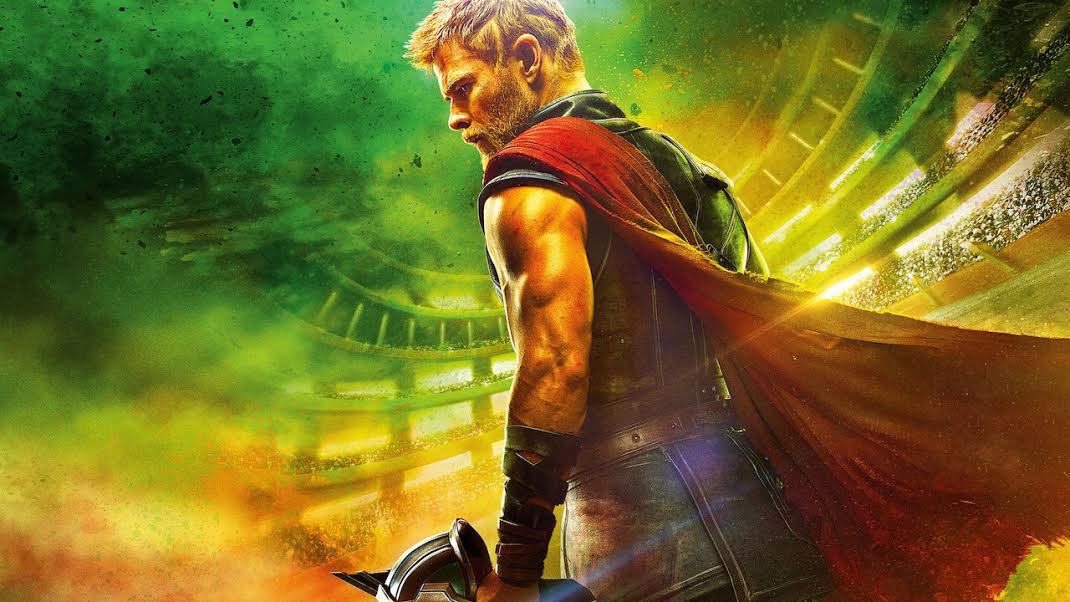“Black Panther” hit the movie theaters over a week ago and has sent shock waves through the world of cinema and pop culture.
Black Panther, otherwise known as King T’Challa, has been a staple of Marvel Comics ever since his first appearance in the Fantastic Four series in 1966. T’Challa has gone from side character to star of a cult favorite comic series, to one of the most powerful individuals in the Marvel Universe. Yet, despite his increased status within the world of the comics and animated series, Black Panther has had significant trouble getting to the big screen. That is, until the character popped up in a key role in the film “Captain America: Civil War.” Due to the success of his appearance in that film, Black Panther’s solo movie was green-lighted almost immediately.
The film picks up where Civil War left off, with T’Challa having to return to his homeland of Wakanda and take up the mantle of king of his people. But a threat emerges in the form of Ulysses Klaue and a mysterious figure known as Killmonger, who has ties to a forgotten part of Wakanda’s history. From the jump a lot is at stake. “Black Panther” is the first Marvel superhero film since “Blade” in 1998 where the title character is black. Furthermore, people have been speculating whether a film this heavily linked to African culture could do well domestically or in the foreign markets, and if it would test well with general audiences. Well, I am pleased to say that “Black Panther” is a triumph not just among comic book movies, but among films in general. It is a masterful blend of character development, eye-catching scenery, brilliantly shot action scenes and, most importantly, a strong source of black representation in a time when it is desperately needed.
Chadwick Boseman utterly nails it as the title character, bringing equal amounts of intensity and regal demeanor to the role of King T’Challa. The supporting cast of Lupita Nyong’o, Danai Gurira, Angela Bassett, and Martin Freeman are all in top form, showcasing a wide variety of emotion and humor throughout the movie. Each character has a defined role, not a moment of screen time wasted on any. But the character everyone seems to be losing their minds over, this writer included, is “Killmonger,” played by Michael B. Jordan. Director Ryan Coogler and Jordan have worked together before on films such as “Fruitvale Station” and “Creed,” so they work well together, which is evident here.
Killmonger joins a select group of Marvel movie villains who are genuinely compelling characters, such as the Kingpin, Purple Man, and the Vulture. Jordan portrays a man who, despite the heinous ways he carries out his plan, has a clear reason for why he is doing the things he is doing. His reasons relate not only to real world issues affecting thousands of black communities, but you almost start to side with him just a little bit because he presents his case so strongly.
The film is as visually stunning as it is well written, bringing the world of Wakanda to life with gusto. It gives each tribe present in this land a unique visual identity, with roots in real African cultures. The action scenes are filmed clearly and crisply, with no annoying shaky cam or bright flashing lights, so as to show off the full scope of this world.
Singing the film’s praises any more at this point would be a cliche, as there is little to critique besides a few time-worn story beats near the end of the film, which I chalk up to trying to connect the film back to other Marvel works. That said, “Black Panther” is an absolute treat in all aspects, and is definitely worth a night at the movies.














